South Korea braces for another Trump presidency
US President-elect Donald Trump is celebrating his election victory while in capitals around the world many have already begun to strategize regarding how to deal with his administration when he assumes office in January next year.
The South Korean president, Yoon Suk Yeol, admits that another Trump term will likely come with new problems.
While it may not be exactly the same as how it was under the Biden administration, we are making efforts from multiple angles to minimize the damage and economic losses to our citizens. Preparations for this kind of risk hedging have been in place for a long time.
Yoon Suk-Yeol, President of South Korea
Seoul relies on its alliance with Washington for security with 28,500 US troops on bases across the country.
On Monday, Seoul and Washington signed a deal outlining an 8.3% increase in Seoul's payment for the cost of stationing US forces in South Korea.
During his campaign, Trump said that he would have gotten 10 times more money, 10 billion dollars, from South Korea for the deployment of American forces.
During his first term, Trump had threatened to pull US troops out of South Korea.
Political scientists at South Korea's National Assembly briefed lawmakers on the potential of a Trump blowback.
As all of you know, Trump is likely to put a lot of pressure on his allies by demanding an increase in their defense spending and taking a transactional approach, but I think this pressure could actually lead to anti-American sentiment, just as it did in the early 2000s.
Professor Choi Ajin, Yonsei University
Trump's previous administration generated anti-American rallies in Seoul. Experts also question his alliance commitment.
North Korea's nuclear capabilities are being strengthened, and the US Alliance policy is changing every four years, so there may be a problem with trust in the extended deterrence.
Professor Choi Ajin, Yonsei University
Still, there are hopes in Seoul that Trump may return to dialog with North Korea, as in his previous administration.
With so much control over US foreign policy left in the hands of the president, Trump's second term may be even less predictable than the first.
Press TV’s website can also be accessed at the following alternate addresses:
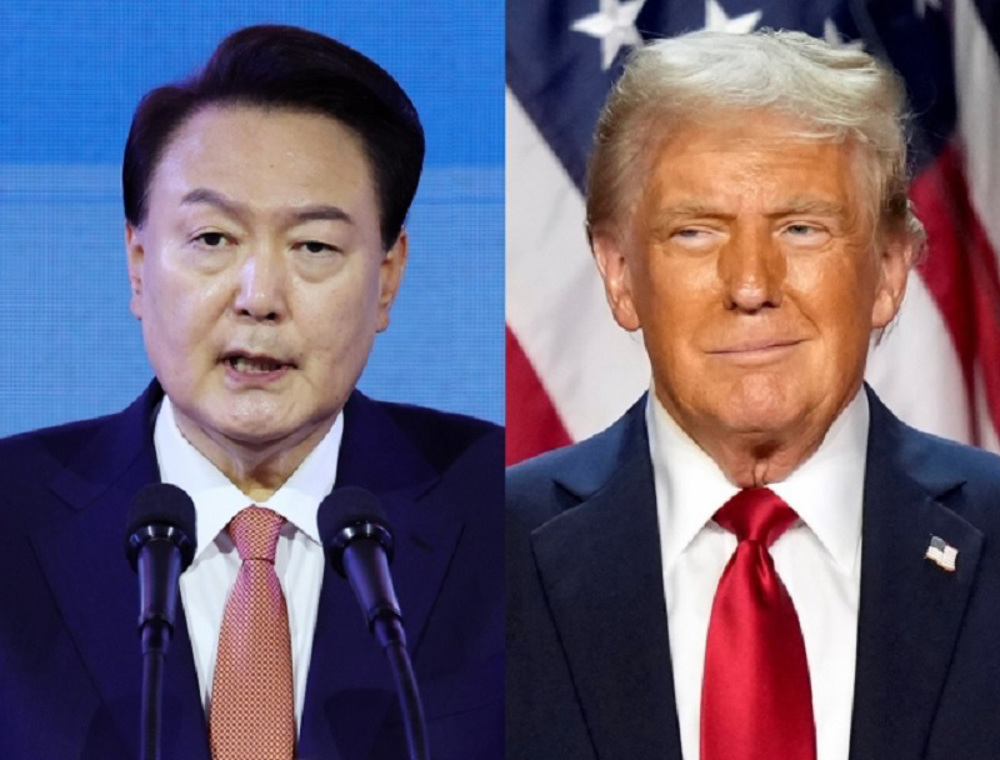
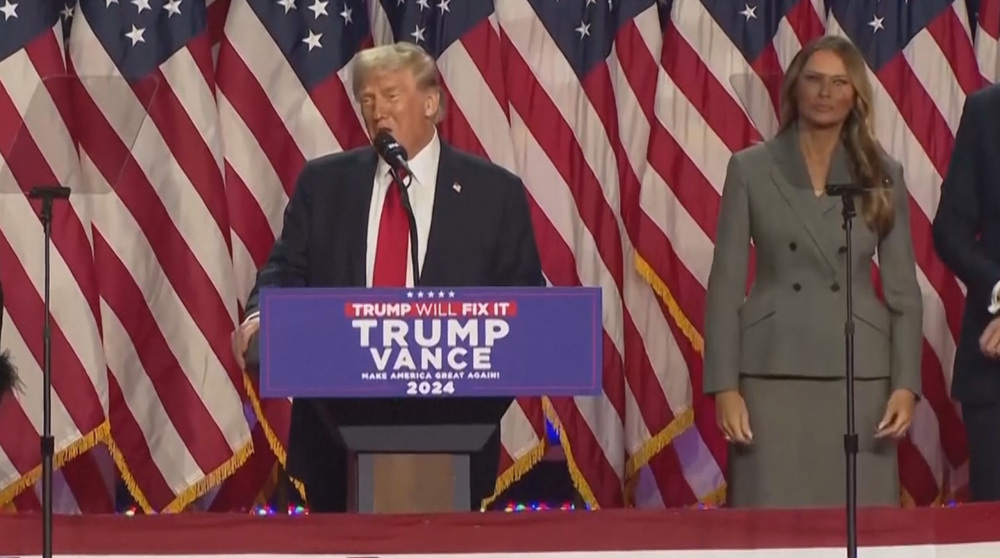
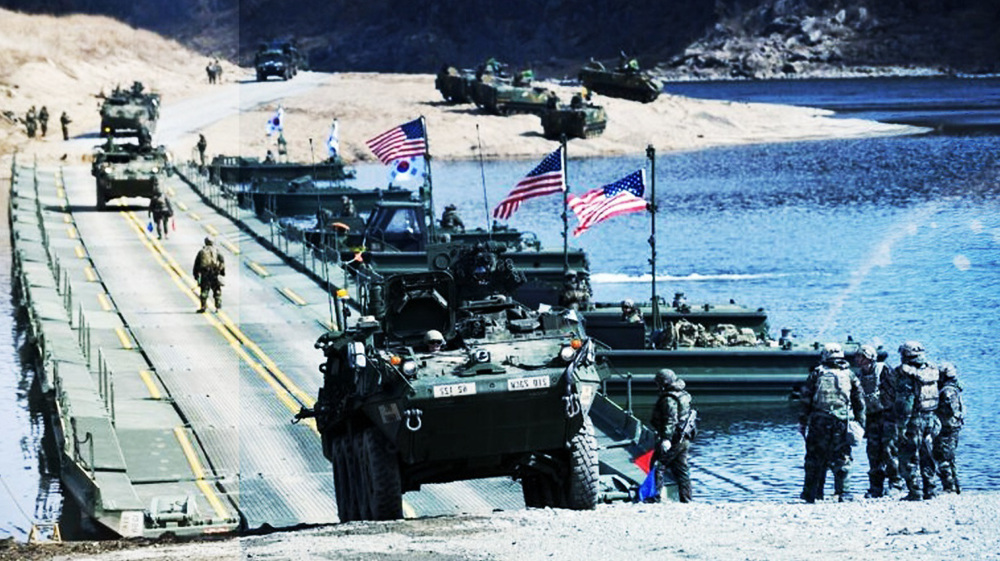
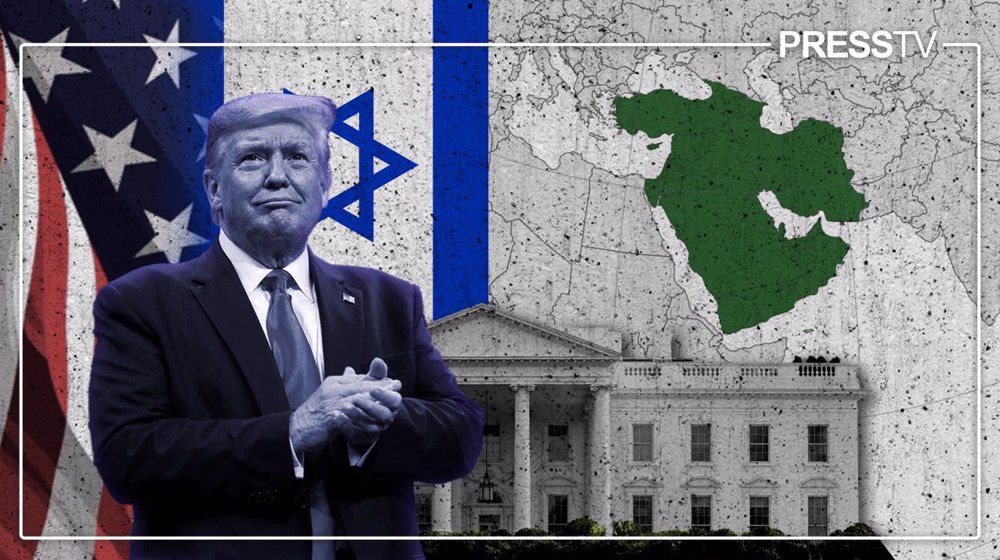
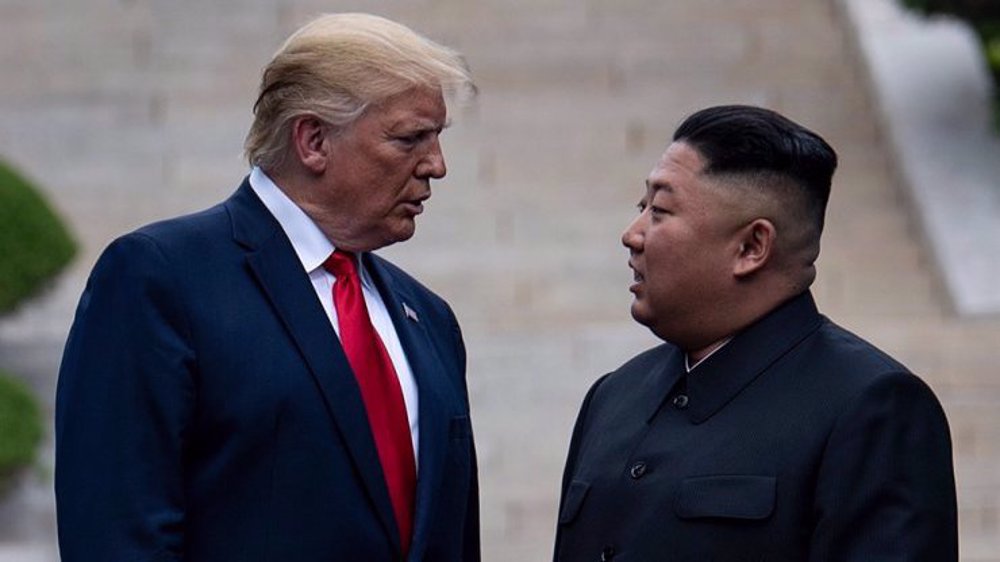
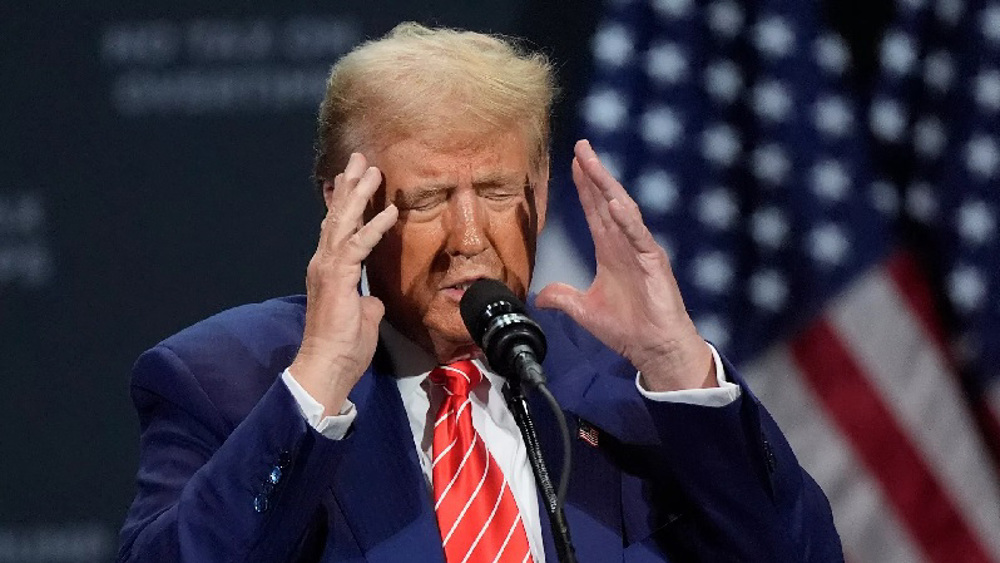
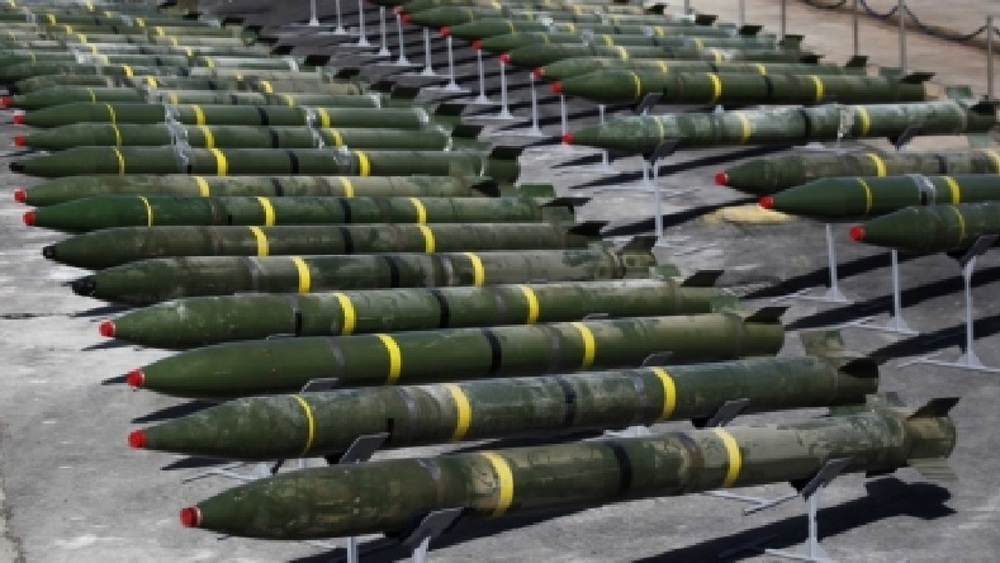
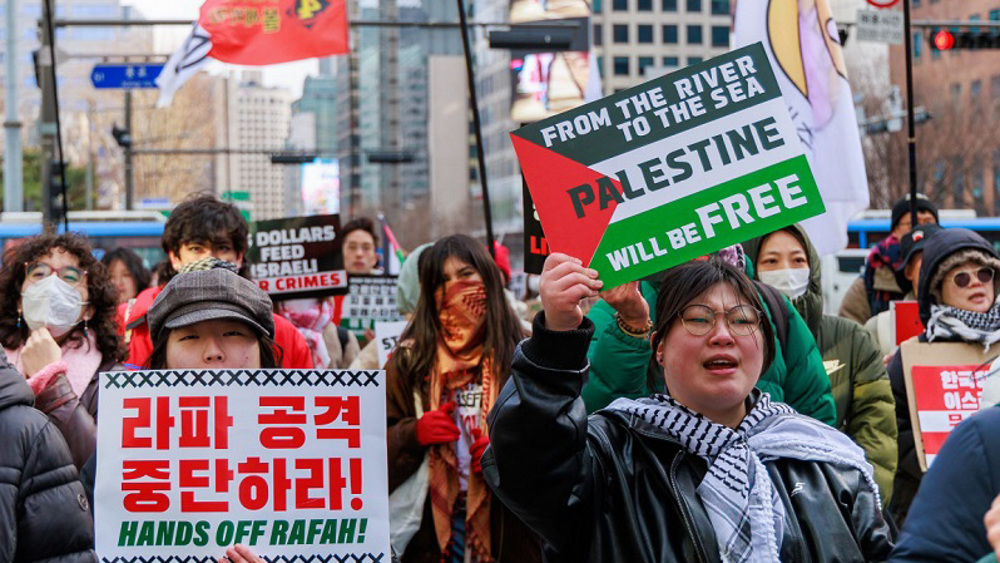



 This makes it easy to access the Press TV website
This makes it easy to access the Press TV website